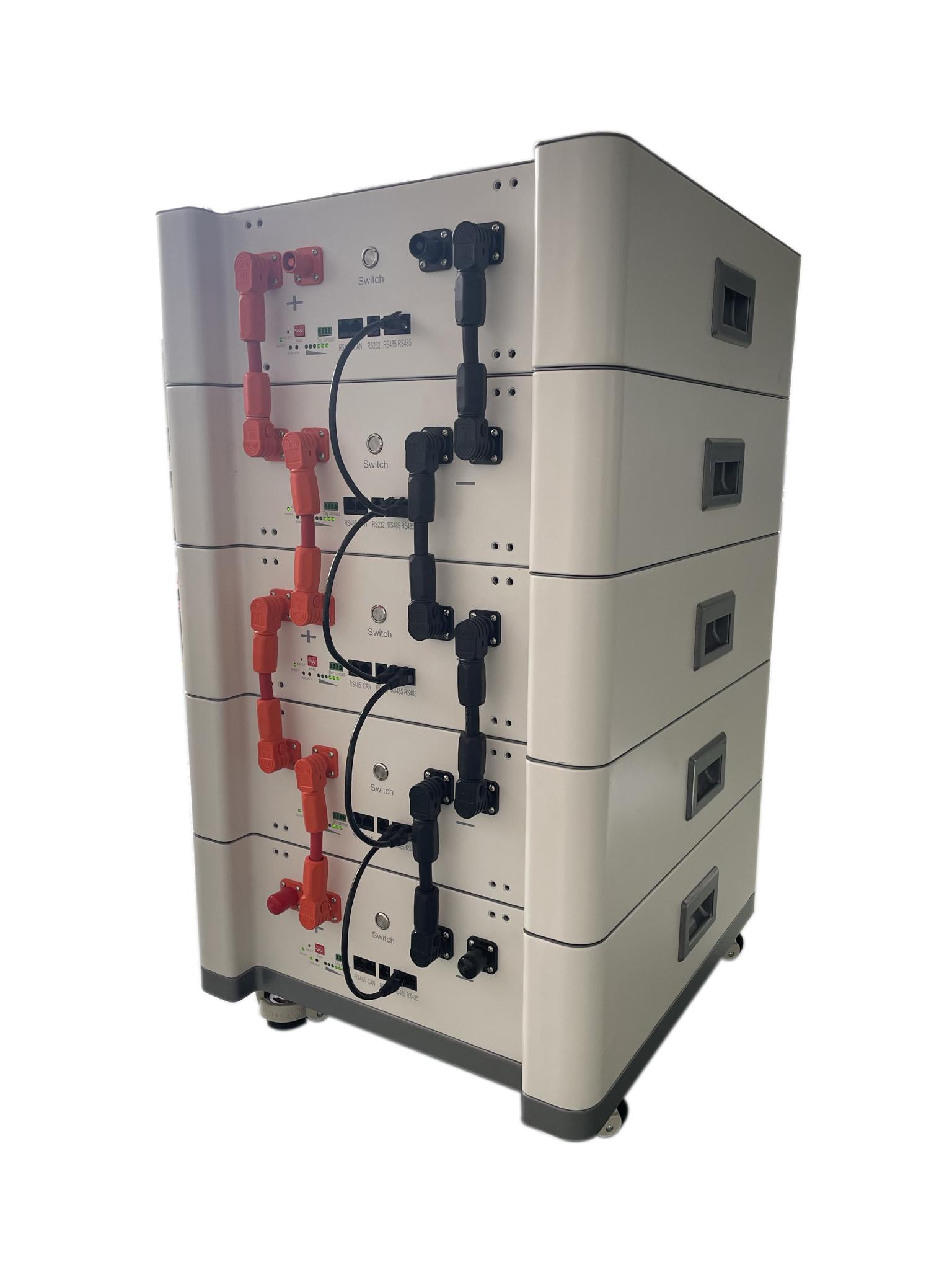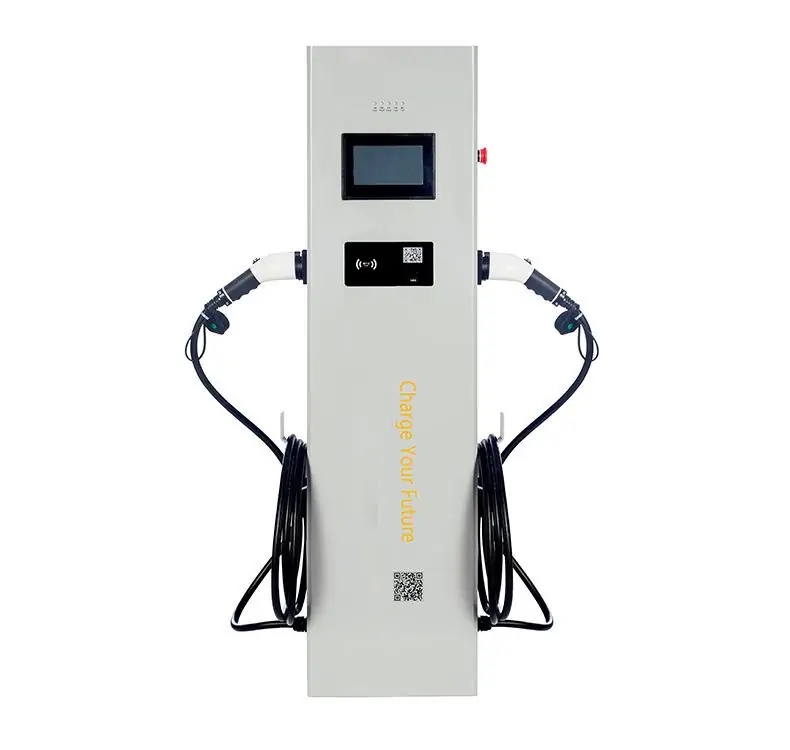Revolutionizing the Manufacturing Industry with Advanced Forklift Chargers
In the modern manufacturing landscape, efficiency, productivity, and sustainability are paramount. One of the key elements that contribute to achieving these goals is the effective management of equipment and resources. Among the most vital tools in any manufacturing operation are forklifts – versatile machines that facilitate material handling, warehousing, and logistics. These workhorses rely on a critical component: the forklift charger. In this article, we delve into the pivotal role of forklift charger in the manufacturing industry, exploring their evolution, features, benefits, and the impact they have on overall operational success.
Evolution of Forklift Charger
The evolution of forklift chargers has closely paralleled the advancements in battery technology. Early forklift chargers were basic, providing a simple current flow to recharge lead-acid batteries. However, as industries began to demand higher efficiency and reduced downtime, charger technology advanced to accommodate these needs.
Today's forklift chargers utilize sophisticated microprocessor controls and digital communication systems, enabling precise monitoring and management of the charging process. This innovation has significantly improved battery life, charge times, and overall performance, thereby revolutionizing the way forklifts are used in manufacturing environments.

Key Features of Modern Forklift Chargers
Smart Charging Algorithms: Advanced forklift chargers employ intelligent charging algorithms that adapt to battery conditions, temperature, and state of charge. This prevents overcharging, minimizes battery degradation, and maximizes energy efficiency.
Fast Charging: Time is money in manufacturing, and modern forklift chargers offer fast charging capabilities that reduce downtime. High-frequency charging and opportunity charging during short breaks can keep forklifts operational for longer periods.
Data Monitoring and Reporting: Forklift chargers equipped with data logging and communication capabilities enable managers to track battery health, charge cycles, and energy consumption. This data empowers informed decision-making for maintenance and resource allocation.
Energy Efficiency: With a growing emphasis on sustainability, modern forklift chargers focus on energy efficiency. Some models use regenerative braking technology, which converts kinetic energy back into electrical energy during deceleration, further reducing operational costs.
Compatibility and Adaptability: Manufacturers now offer chargers that are compatible with various battery chemistries, voltages, and sizes. This adaptability ensures that a single charger can serve multiple types of forklifts, streamlining equipment management.
Benefits of Advanced Forklift Chargers in Manufacturing
Increased Productivity: Fast charging capabilities mean reduced downtime for forklifts. This leads to a more efficient material handling process, shorter lead times, and increased throughput.

Enhanced Battery Life: Intelligent charging algorithms prevent overcharging and undercharging, extending the lifespan of batteries and minimizing replacement costs.
Cost Savings: Energy-efficient charging translates to reduced electricity bills and a smaller carbon footprint. Additionally, minimized battery replacement costs contribute to significant savings over time.
Reduced Maintenance: Regular monitoring of battery health and charge cycles allows for timely maintenance interventions, preventing unexpected breakdowns and production disruptions.
Sustainability: By optimizing energy usage and reducing battery waste, advanced forklift chargers play a role in achieving a greener manufacturing operation.
Impact on Overall Operational Success
评论
发表评论